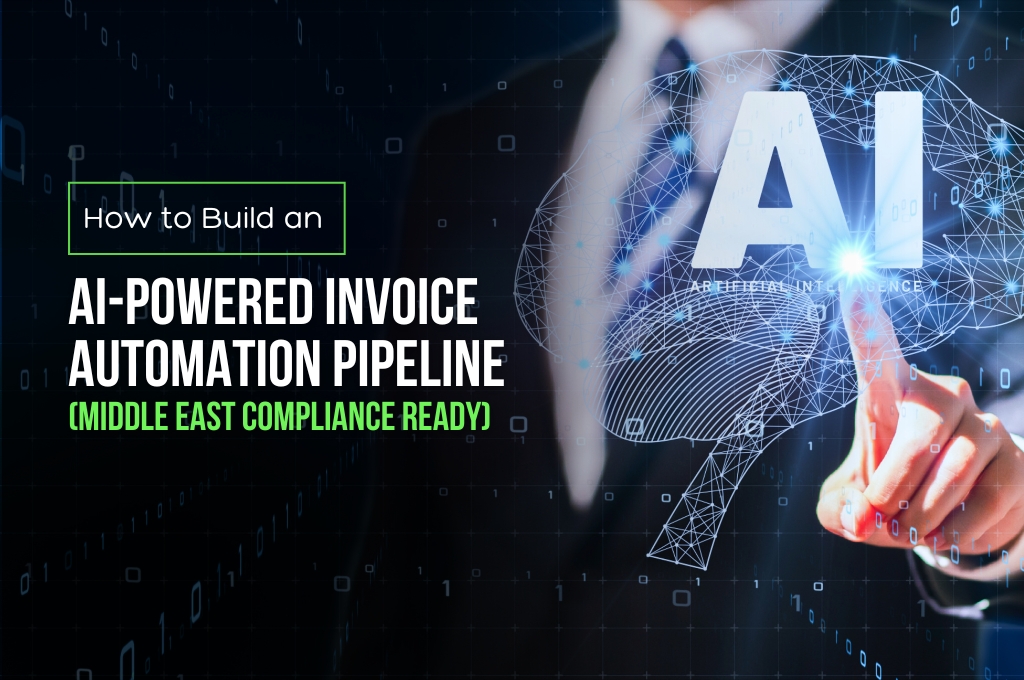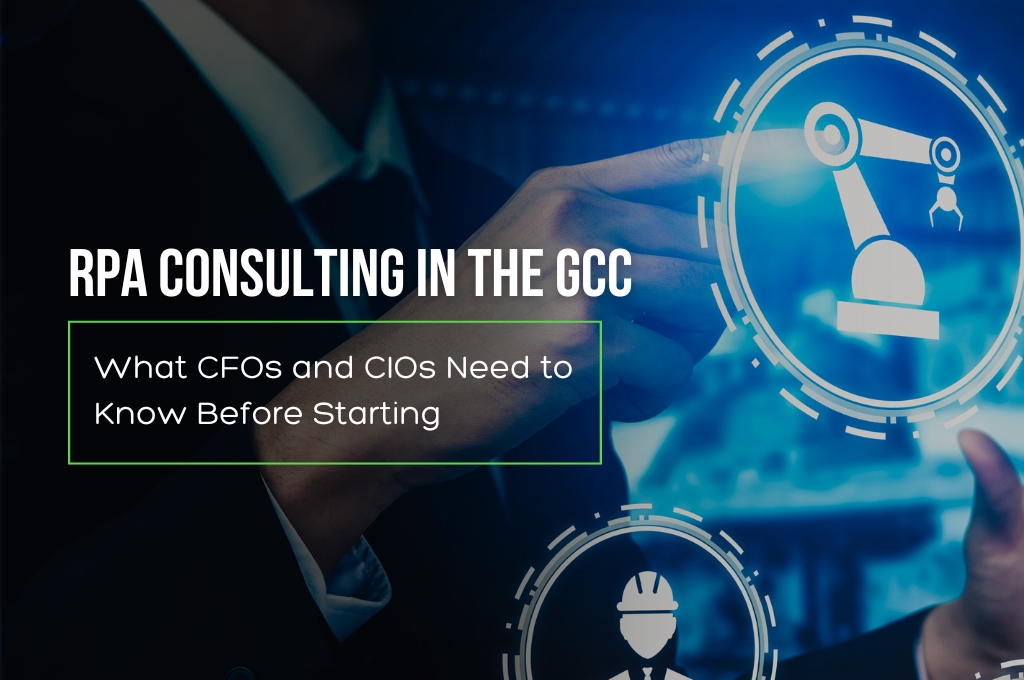The collision of artificial intelligence and customer experience is no longer a subtle shift; it’s a tectonic plate collision reshaping business as we know it. Gartner boldly predicts that by 2025, AI will reign supreme as the driving force of customer engagement, eclipsing traditional methods. This isn’t just evolution; it’s a revolution.
With 80% of customer service teams set to harness generative AI by 2025, the stakes couldn’t be higher. AI is no longer a distant star; it’s a tangible, earth-shattering force capable of boosting the global economy by a mind-boggling $15.7 trillion by 2030 – that’s more than China and India combined. Imagine the potential for personalization, efficiency, and customer satisfaction when this power is unleashed.
What is this AI-Driven Customer Experience Revolution?
Today, customers have become very demanding since the emergence of the digital age in the market. Being a consumer is increasingly higher with buyer-specified experiences, immediately available solutions, and integrated multi-channel service encounters. Under these conditions, AI is a very strong enabler to assist in fulfilling such expectations and let businesses provide amazing experiences to clients.
Benefits of AI-Driven Customer Experience Approach
- Personalisation at Scale: Personalisation stands at the very core of this approach. Stepping it up a notch, machine learning algorithms can be used by businesses to comb through vast reams of customer data for preferences, behaviors, and needs. This kind of granular understanding empowers businesses to customize their products, services, and marketing messages for every individual customer.
It gets as specific as personal product recommendations and extends all the way to very detailed, customized delivery of content—AI can help businesses realize richly relevant customer experiences. - Better Customer Support: AI-powered chatbots and virtual assistants are innovating the delivery of customer support. Intelligent systems of this kind can manage routine enquiries, execute instant resolutions, and escalate complex issues to human agents. It is in this realm of automating mundane tasks that AI frees agents to deal with high-value interactions, hence improving response times and customer satisfaction.
Further, AI-driven sentiment analysis might be used to identify customer emotions and proactively resolve issues to build strong customer relationships. - Optimized Customer Journey: AI empowers the organization like never before with visibility into customer journeys, identifying the pain points and places with friction. Organizations can take back this information from customers to optimize the touchpoints, smoothen processes, and create seamless experiences.
By using predictive analytics from AI, customer needs can be preempted and responded to in terms of proactive engagement with offers at a personalized level. - Building Trust and Loyalty: The foundation of any successful customer relationship is trust, and AI can facilitate this. Not only does it bring transparency and reliability, but also it brings responsiveness—really important in building trust.
Across consistent experiences, handling concerns quickly, and protecting privacy, strong customer loyalty can be baked right into businesses. AI-driven recommendation engines can help them discover new products and services, deepening engagement with the brand.
While huge in its potential, the challenges to AI-driven customer experience are very much at large. First of all, the data privacy and security aspects—very strong settings are needed for customer information protection. At the same time, the development and deployment of AI solutions require considerable investments in technology and talent. Businesses must address ethical considerations on how AI is used in a responsible and equitable way.
Embracing AI and investing in customer-centric strategies, will not only unlock new growth opportunities but also forge competitive advantages and build strong, long-term relationships with customers. Indeed, the future of customer experience will greatly depend on how intelligently AI is applied. The future of customer experience lies in the intelligent application of AI.




